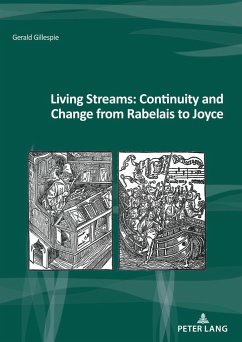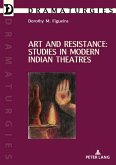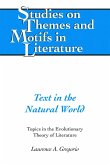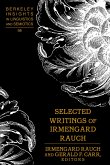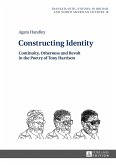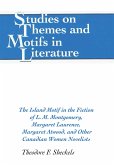This book examines how a long line of imaginative writers, starting from Rabelais and continuing over Cervantes and Sterne down to such modernists as Proust, Mann, Joyce, and Barth, has reaffirmed the picture of an enduring Western civilization despite repeated crises and transformations. The humanist capacity to recapture a sense of European greatness as exhibited in Antiquity was paralleled by and continued in the guise of newer vernacular works, achievements regarded as vital forms of a shared cultural rebirth. This was amplified most notably in the tradition of the ironic encyclopedic novel which surveyed the state of successive phases of culture. The evolving heritage and revitalization of the arts constituted main subject matters in the series of major self-conscious epochal movements, the Enlightenment, Romanticism, and Modernism, which Postmodernism reflexively now struggles to supersede.
Bitte wählen Sie Ihr Anliegen aus.
Rechnungen
Retourenschein anfordern
Bestellstatus
Storno

